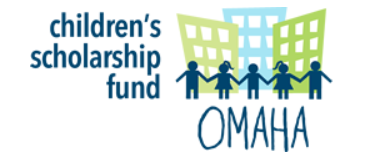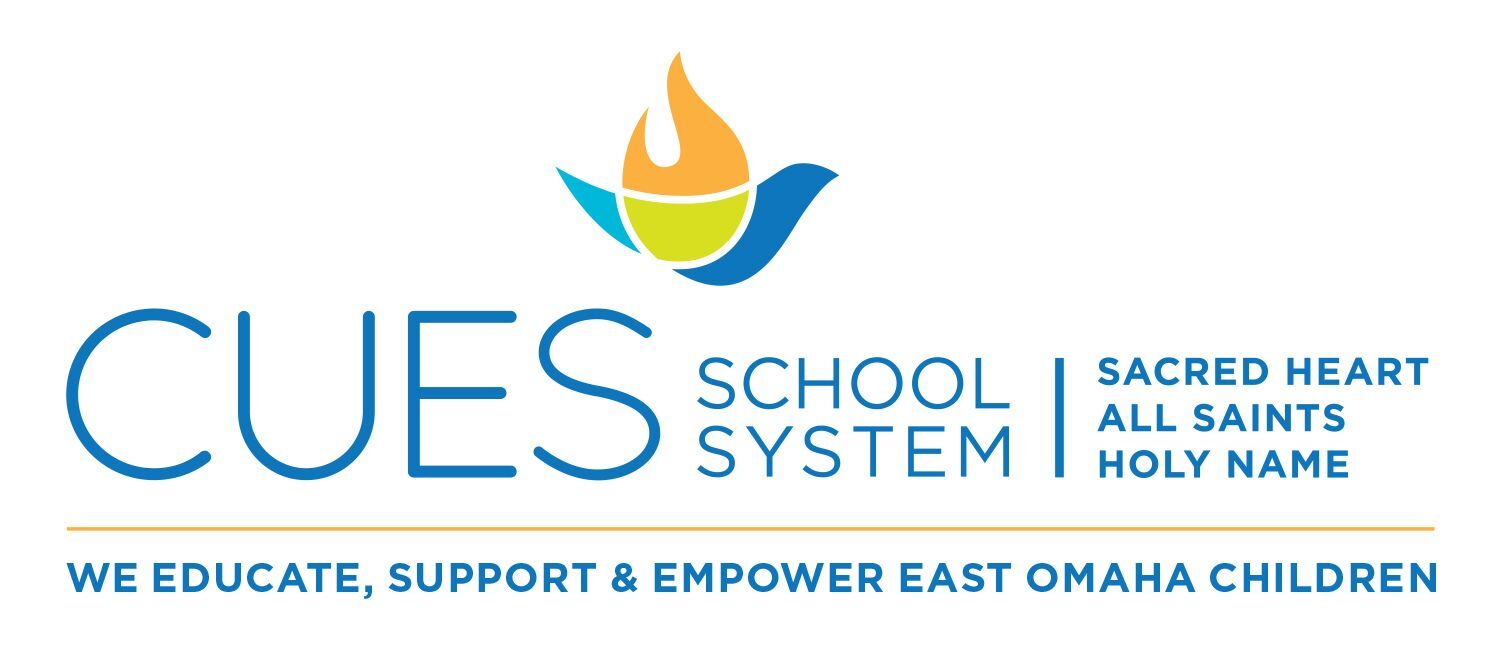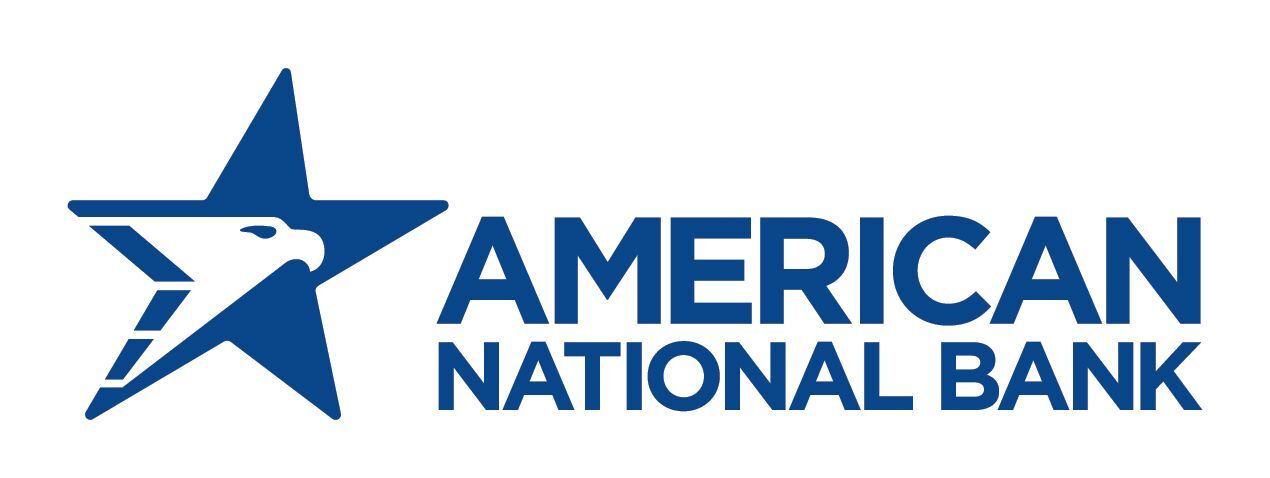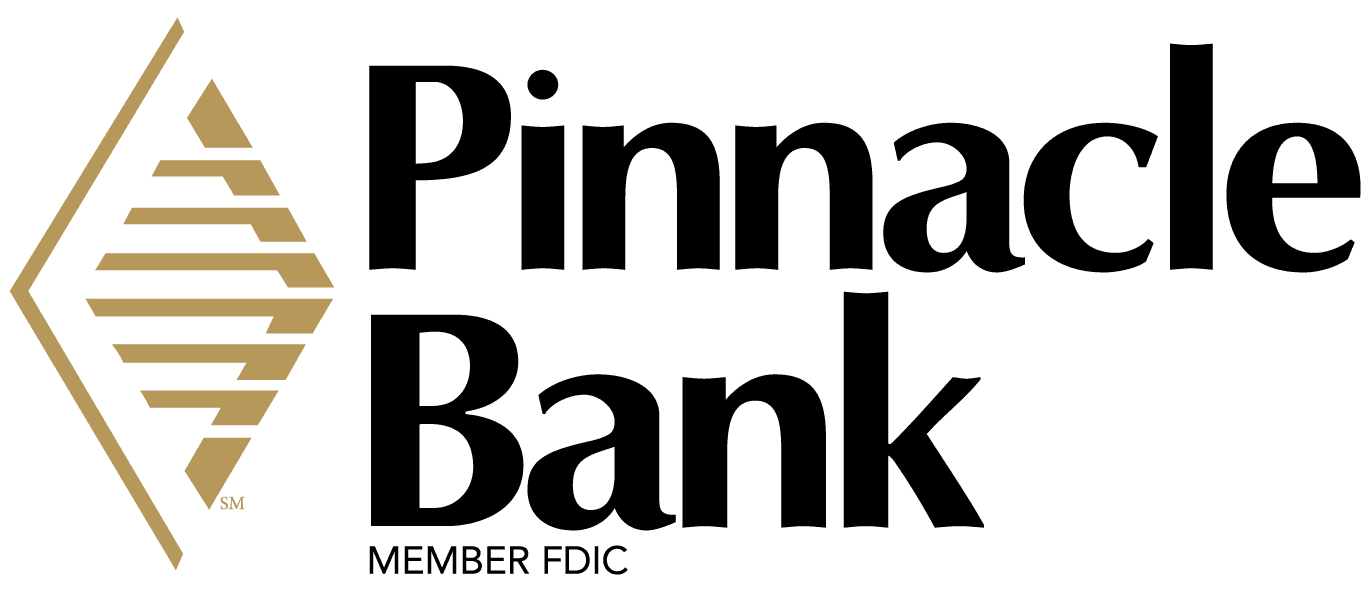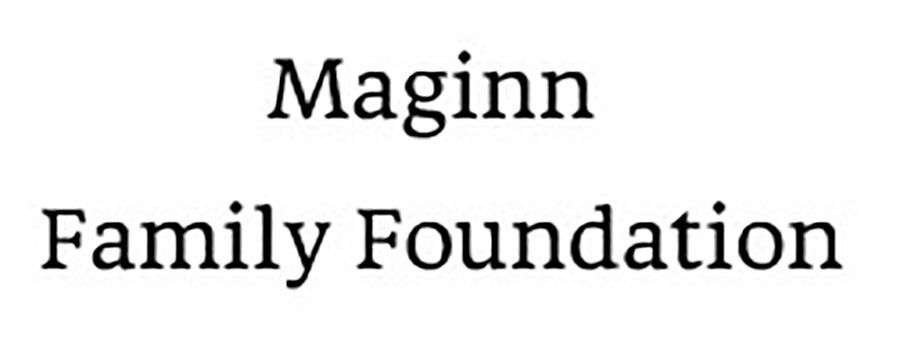How your donations change the lives of the children we serve.

Children's Scholarship Fund of Omaha provides partial-tuition scholarships to low-income children in grades K-8. Our scholarships empower parents to choose the private school that best meets their children’s needs and allows greater educational mobility among low-income families. Finding the right educational fit for a child is one of the most important decisions a family will make. CSF helps “level the playing field” by providing partial-tuition scholarships to low-income children in grades K-8. CSF is unique because we are the only scholarship granting organization in the state that is focused on K-8th grade, have no religious affiliations and are destination neutral, with scholarships following the student to one of our 72 partner schools, 42 in the Omaha metro area and 30 in Northeastern Nebraska.
Multiple studies link high school graduation and the pursuit of post-secondary education to improved health, increased civic participation, reduced crime, and incarceration levels.
Our overarching goal is for students to become productive, informed, and contributing citizens. This is done by providing a foundation for learning that starts in elementary school, continuing through high school and throughout their adult life. Achieving a high school degree is a benchmark used in determining an individual’s likelihood for further education, employability, higher earnings, and lower incarceration rates. Educational choice is important.
Our scholarships are awarded based on financial need (which are based on the guidelines for the National School Lunch Program). To be eligible, students must reside in a household below 130% of the federal poverty line – for a household of four in 2021, this is $26,500 – and eligible for the free lunch program; or be between 130-185% of the poverty line, qualifying for reduced price lunch. Highest priority is given to our families re-qualifying for scholarships. Parents must file a scholarship application including financial verification documents: a copy taxes filed the prior year, a list of dependents in the household, report any child support or alimony received, and any government assistance received. When a family receives a scholarship, they make a financial commitment as well, by paying a minimum of $500 in tuition to their school and ensuring their child maintains a 90% or better attendance rate.
In our first longitudinal alumni study conducted in 2020, we examined responses from former CSF recipients who were members of the program from 1999-2009. All study participants were on the program for at least four years and received at least $4,000 in scholarship funding. The high school graduation rate of the alumni students included in this ten-year study was 99.5%. Nebraska’s public schools have an average graduation rate of 89% and the national graduation rate of 85%. We are so very proud of our scholarship recipients as they have performed better than the local, state, and national average in high school. We also learned from the participants in this ten-year study, at least 84% of former CSF participants are either enrolled or have completed post-secondary education in the form of a four-year college or university, community college, or vocational/trade school.
Each year CSF administers a high school graduation survey, 8th grade completion survey, and parent involvement survey. The University of Nebraska’s Support and Training for the Evaluation of Programs (STEPS) helps us create and analyze surveys and studies as our external evaluator. Over the course of our six-year relationship with STEPS, they have helped to create a series of surveys and studies that show CSF’s success as an organization.
Each fall we survey our outgoing CSF high school alumni who graduated in the previous spring, and for the class of 2020:
100% of eligible CSF alumni graduated from high school
92% of those students continued to post-secondary education
84% percent went onto a four-year university
8% went onto a vocational/community college
6% joined the workforce, and 2% were undecided regarding their plans (considering a worldwide pandemic, this percentage is not higher than we usually see.)
Our scholarship program is based on this premise - parental choice leads to improved access to a quality education, which improves outcomes in life, including but not limited to, college attendance. Parental engagement in a child’s life and their education has positive effects on a child and their future. CSF’s mission of providing choice and opportunity is demonstrated in the 90% of parents who considered CSF “very important” in the decision-making process for their child’s elementary education. These responses demonstrate that CSF is fulfilling its current mission in providing opportunity to its families and students. Out of the 820 families surveyed, 76% of parents said that a CSF scholarship gave them a lot more freedom to choose their child’s school and parents were also much more satisfied with their current school, with 96% reporting they were satisfied or very satisfied with their child’s current school. The most significant finding was that receiving a CSF scholarship allowed them to remain in their chosen school regardless of income.
